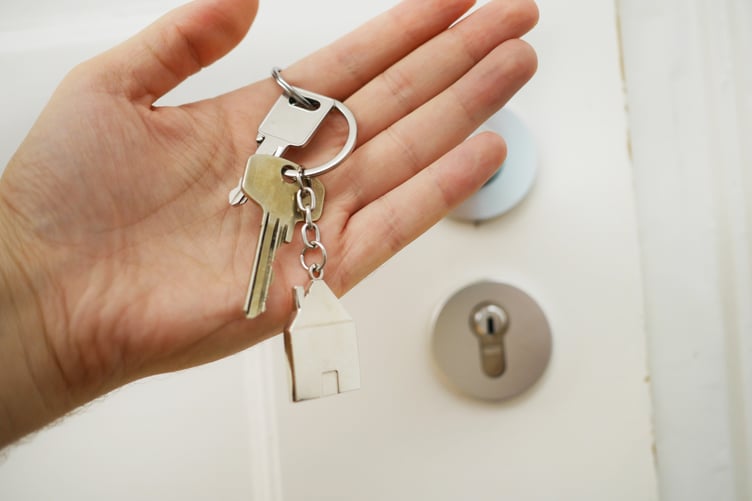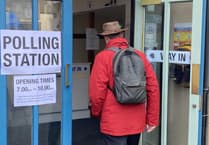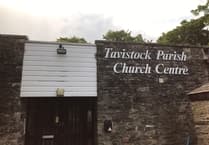Landlords have a responsibility to maintain rental properties to a reasonable standard, and at least meet the minimum housing standard. They are legally responsible for repairs to the structure of the building: the roof, windows, doors, drains, gutters, baths, sinks, toilets, heating, hot water, damp and general building repairs. But there are other considerations too – including some which could save you money as well as protect your wellbeing.
Cllr Tony Leech, West Devon Borough Council’s lead member for the cost of living, said: ‘As well as staying safe, making sure a new rental property is energy efficient could be crucial in keeping your utility bills affordable. It’s definitely something worth looking into.’
When you’re starting a new tenancy in a rental property, there are some things that you should bear in mind to make sure that you will remain safe during your time in your new home:
At the viewing, is there an Energy Performance Certificate (EPC)? If it showing F or G, find out if it has an exemption. Ask what heating the property has. Is it electric, gas, oil? Working out the approximate heating cost will help you budget for the property.
The landlord needs to organise an electrical safety check, by a suitably qualified electrician, every 5 years. The landlord should give you a copy of this report. If there is failings (C1, C2, FI, needs further investigation) then ask questions why.
In terms of safety, there is a legal requirement that there must be a working smoke alarm on each floor. This can be battery operated or wired into the electricity supply. If there is a solid fuel appliance, for example a wood burner, then there also needs to be a carbon monoxide alarm.
If you are moving into a shared house, properties occupied by more than one household, known as a ‘house in multiple occupation’ or a ‘HMO’, must not only have adequate, and well-maintained fire alarms, but extinguishers fire blankets, fire doors, fire escapes, escape routes and smoke or heat alarms. Some HMO may need a license from the council. The landlord should inform you of this and copy of the licence should be displayed in the home.
If there is gas appliances at the property (boiler, gas fire) then there needs to be a yearly gas safety check by a Gas Safe engineer to ensure it’s safe and efficient. You should receive a copy of the current certificate.
Warning signs will be the general state of repair and the look of the property. Is the property free of trips, slips or fall hazards? Are there unguarded heights? Do the stairs have a handrail?
Look for signs of damp and mould, particularly in bathroom and kitchens, around windows and room corners, all places you’re most likely to find signs of mould growth.
Is the property on a private water supply, if so, is it registered with the council?
If you are going through a letting agent make sure they are part of redress scheme. There are rules around how they operate, fees and deposits, make sure you know what deposit scheme is being used.
Establish who the landlord is and how do you contact them, email/contact postal address as well their contact phone number.
There is further advice on renting on the following websites:
https://www.gov.uk/government/publications/how-to-rent/how-to-rent-the-checklist-for-renting-in-england
https://www.westdevon.gov.uk/RentalHousingStandards
https://england.shelter.org.uk/housing_advice/private_renting
The Rural Devon Citizens’ Advice website offers independent, confidential advice and information about energy bills, debt and landlord / tenant relations at https://ruraldevoncab.org.uk/
You can also find out more about energy saving locally by visiting:
https://tamarenergycommunity.com/
If you feel that something in your property is unsafe or a health hazard, please inform your landlord in writing and allow them enough time to make repairs. The Council encourages positive dialogue between tenants and landlords to try to resolve such issues.
Your landlord should tell you when you can expect the repairs to be done. For further information please see: https://www.citizensadvice.org.uk/housing/renting-privately/during-your-tenancy/dealing-with-repairs/
If you do not hear from your landlord after 14 days or if the works are not going to be done, please contact us at [email protected]





Comments
This article has no comments yet. Be the first to leave a comment.